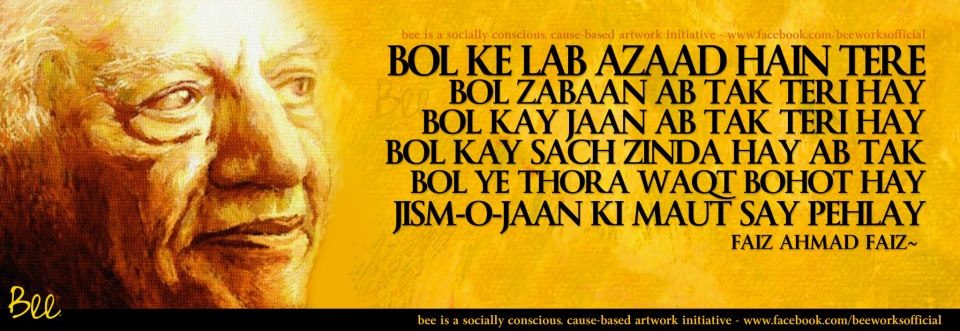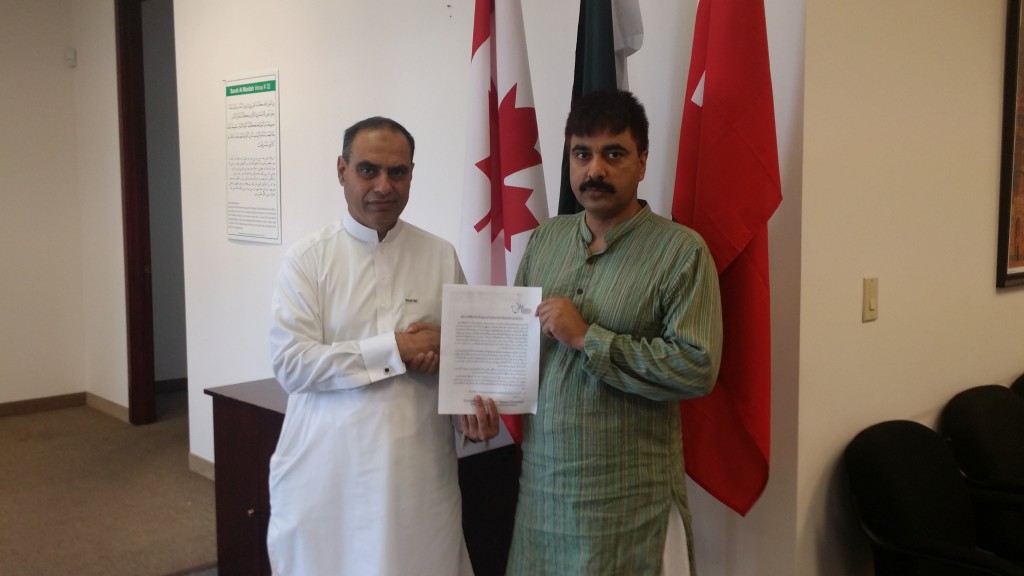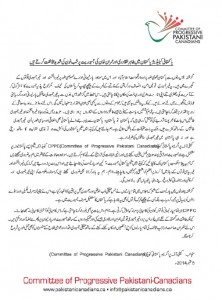As is the norm on 14 August, the government of Pakistan, its embassies, the ‘loyal’ media and the ‘superpatriots’ will churn out extensive propaganda extolling the conditions and achievements of the country. An
objective look at the situation, however, presents a different picture. The sixth largest country in the world Pakistan, by most criteria (see figures below), ranks low amongst the 200 or so comity of nations in terms of the quality of life of its citizens. A ‘failed state’ it might not be; one with a huge number of problems it surely is.
Pakistan’s GDP is 28th in size in the world, its per capita GDP 179th! Government revenue is small – mainly because the rich pay little or no taxes while budgetary expenses – far greater than revenue – are squandered mainly on the armed and security forces. Development and social sectors get short shrift. No wonder that the country’s productive capacities are stunted, fully half the population is illiterate, public hospitals few and far, the ratio of doctors and nurses to the population abysmal, the infant mortality rate high and life expectancy low.
The gap between the rich and the poor – common throughout the world – is eye-popping in Pakistan: lavish lives for a tiny minority at one end, abject poverty – including hunger and malnourishment – for large numbers on the other. The small ‘middle class’ barely gets by. High inflation – particularly for essentials – has made the situation even worse. Basic such as adequate housing or availability of potable water and sanitation, still eludes significant numbers. Many of those affected by the earthquake in 2005 in Pakistan-controlled Kashmir have still not been properly resettled while millions affected by the floods in 2010 remain in precarious condition.
Well over 30,000 violent deaths – more than in Mexico – have taken place over the past six years, mainly at the hands of political and terrorist organizations. Thousands – more than in the ‘dirty wars’ in Argentina and Chile – have been ‘disappeared,’ mostly by security forces, especially in Balochistan – a province denied control or benefit of its natural resources and under virtual army occupation.
In many aspects women and religious minorities are second-class citizens not only in practice but in law too. Fundamentalist intolerance and violence, which had reared its ugly head in Pakistan in the early 1950s, was ramped up by the military dictatorship of General Zia (1977-1988) and is widespread now. As is police brutality and violation of basic human rights.
We add our voices to those of democrats and progressives in Pakistan: It is in the country’s best interests to pursue an independent foreign policy free of US domination. Instead of hostility to India, and the consequent wastage of scarce resources on military related purposes, Pakistan must have peaceful, friendly and mutually beneficial relations with all its neighbours. All foreign intervention in Pakistan (such as US drone attacks, activities of Afghan, Chechen and Arab Taliban, Saudi financing of religious-political groups and sections of the security forces) must end.
A genuinely representative government must replace rule by the military, security forces and civil service hierarchies. The federal setup must guarantee equality of all national units, and the linguistic and cultural rights of all ethnic groups. The constitution must affirm secularism, the equality of all citizens regardless of religion,
and of women with men. Most important, Pakistan needs a planned economy with massive government investment to dramatically improve the country’s productive capacities and infrastructure – and a strong measure of social justice – so that its people can throw off the shackles of illiteracy, ill health, inequality and poverty.
Otherwise it is hard to visualize Pakistan’s future birthdays being much different than those of its past.



